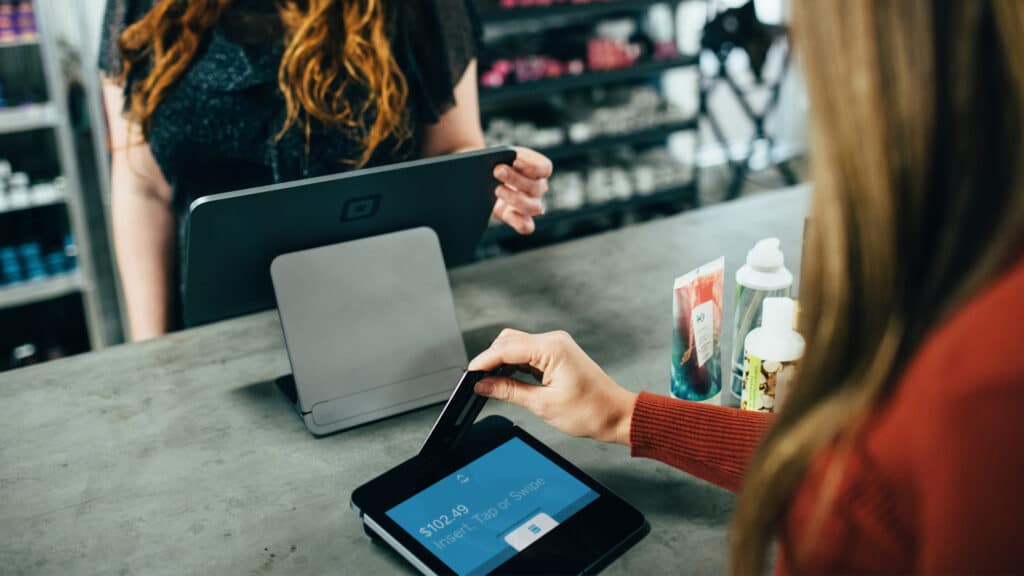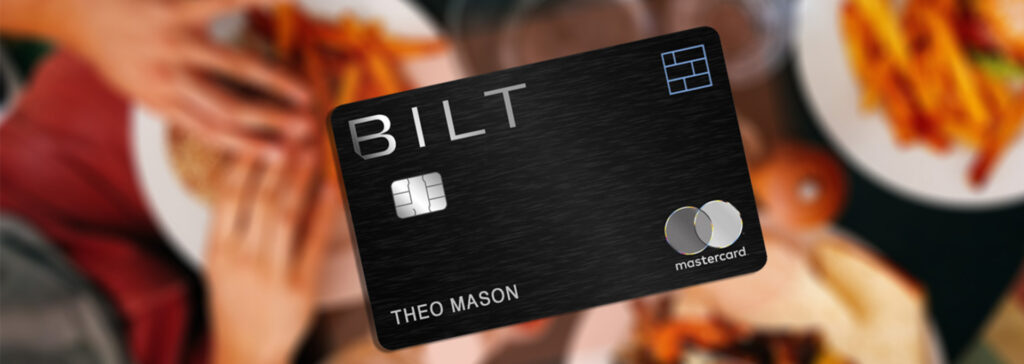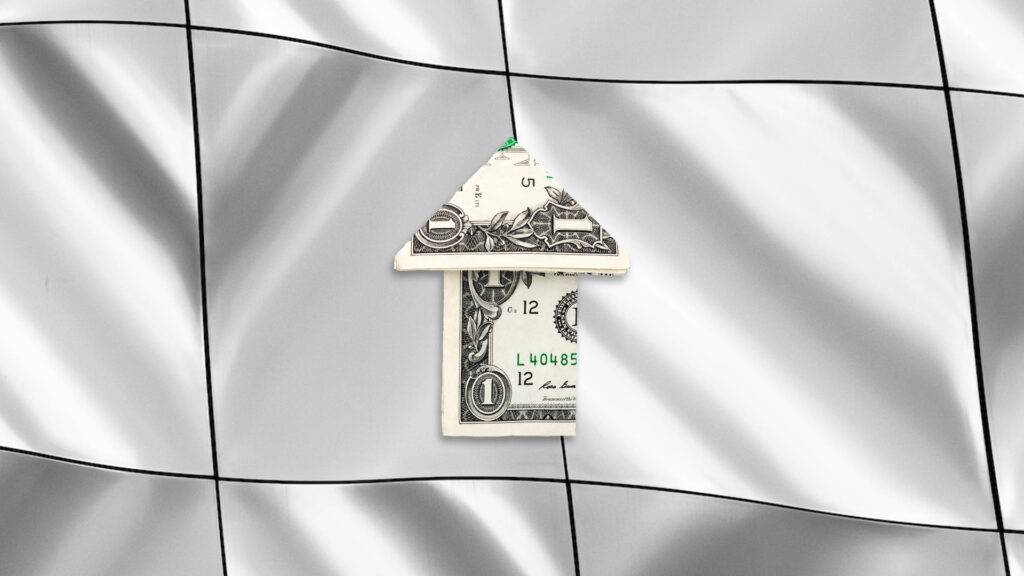Most products on this page are from partners who may compensate us. This may influence which products we write about and where and how they appear on the page. However, opinions expressed here are the author's alone, not those of any bank, credit card issuer, airline or hotel chain. This page may include information about American Express products currently unavailable on Slickdeals. American Express is not a partner of Slickdeals.
Credit card bonuses are one of the best ways to earn a lot of rewards quickly. You can easily earn enough points for a vacation with just one credit card bonus if you plan things right.
However, there's a catch: To earn that bonus, you usually need to spend a certain amount of money in a short period of time. Sometimes, these minimum spending requirements can be substantial. Some cards are very alluring, but they can leave you wondering how to spend $4,000 in three months, for example.
As long as you're able to afford it and you keep a few principles in mind, almost anyone can learn how to meet minimum spend requirements. With these tips, you'll be on your way to your next credit card bonus.
See Which Credit Cards Offer BonusesBest Credit Card Bonuses
Visit the Marketplace
How Do Minimum Spends Work for Credit Card Bonuses?
Credit cards often offer bonuses or bonus points to sweeten the deal, so you sign up for the card. To earn that bonus, though, the credit card issuers really want you to use the card, and hence, most come with minimum spending requirements. If you don't meet those minimum spending requirements, you won't earn the bonus.
Most credit card minimum spending requirements specify a certain dollar amount (known as the "minimum spend") and time frame. For example, a credit card may have a minimum spend of $4,000 that you'll need to complete within the first three months after you open the card to earn a bonus reward.
It's important to note that the time starts ticking away when you're first approved for the card—not when you first receive the card or start using it, for example. If you apply for a card on the first of the month and don't start using it until the end of the month, you've missed out on a third of your time available, for example.
Know Your Spending Habits
To ensure you can meet the minimum spend, you need to know you can spend that amount. If you're on a budget of $1,000 per month, it can be challenging to meet a $4,000 minimum spend in three months without overspending or going into debt.
You might be tempted to spend more on your card, but remember the first rule of rewards credit cards: Always pay them off in full each month if you can. That will help ensure you don't get in over your head with credit card debt and it'll save you from paying any interest. If you have to go into debt and pay interest to meet the minimum spend, it'll offset the benefit you get from the card.
17 Ways to Meet the Credit Card Bonus Minimum Spend

When signing up for a new card, one of the biggest mistakes you can make with a rewards card is losing out on earning the sign-up bonus. It's a one-time opportunity you probably won't have again. So to cinch the deal and make sure you earn it, try these credit card minimum spend tricks.
1. Use Your Card for Everything
Once you get your credit card, make sure you use it for all of your normal day-to-day spending if possible. Every time you swipe at the grocery store, restaurants, gas stations and anywhere else you go, try using your new card. This also goes for business owners who have business expenses they can cover with their new credit card.
Some cards even give you a temporary credit card number to use for online purchases until your new card arrives. If you take note of this number, you can even start working toward your minimum spend before the card arrives.
2. Time Your New Card Opening for a Big Purchase

One of the best credit card minimum spend tricks is to wait until you have to make a large purchase before opening your credit card. Timing your new card around big-ticket expenses like a major home or landscaping project or buying new furniture can help you meet your minimum faster. Depending on how large the purchase is compared to the minimum spend, you may be able to earn the bonus with one single purchase.
3. Buy Gift Cards
Check your card's terms and conditions because not all cards count gift card purchases toward the minimum spending requirements. But if it's allowed, buying gift cards can be a great way to prepay some of your normal spending.
Make sure you stick with gift cards for places you'd normally be spending money at anyways, like the grocery store or restaurants you visit frequently. That way you're only prepaying for items you would buy anyways.
4. Catch Up on Overdue Maintenance

Go around your home and see if there's anything that needs maintenance that you've been putting off. If you own your home there are probably plenty of things that need a tune-up, as well as routine auto maintenance.
Don't forget to include your furry loved ones or family members. See if your pets need a checkup at the vet, or if you or any of your family members need your own tune-ups with the dentist, eye doctor, therapist or family physician.
5. Purchase More Points
Did you know that many credit card rewards programs allow you to buy extra points? This is essentially a money conversion exercise where you trade your dollars for points, and the points for rewards.
This can be a great way to meet the minimum spend if you're savvy about transferring points to different programs to maximize their value. For example, your points can often stretch even further if you're able to transfer them to airline partners.
6. Prepay Your Bills
Try making a list of all of your monthly bills, and then checking with each company to see if you can prepay for a year. That'll allow you to frontload future costs onto your card so that you can more easily meet the minimum spending requirements today.
Even if you have infrequent bills like car registration or life insurance, it's a good idea to check when they're due. You may be able to pay those ones early as well.
7. Add Family Members as Authorized Users

Most credit cards count spending from authorized users towards the minimum spend requirements. If you have someone else in your family who makes purchases regularly and your finances are combined, don't miss out on those purchases too.
Keep in mind that if you add someone as an authorized user, that card will be listed on their credit report as well. That's why it's especially important to make sure you manage your card well by always paying on time and keeping your balance low. If you don't, it could hurt their credit too. On the other hand, it can be a great way to help your teenagers start building credit.
8. Pay Your Mortgage or Rent—But Note the Fee
Most lenders and landlords don't allow you to pay your house payment by credit card. But, there's a handy workaround here. Plastiq is a payment platform that allows you to pay a fee to use your credit card to send a check in to your landlord or lender.
This works out to a percentage of your rent/mortgage payment so it's usually not worth doing regularly. But because sign-up or welcome bonuses are so much more valuable, this is one time when you might consider doing it.
Plastiq is geared more toward business owners, but individuals are allowed to use it too. You'll also want to check which cards are supported because you may not be able to use certain cards for certain types of housing payments.
 Related Article
Related Article
Bilt Mastercard New Offer: Double Points on First Day of the Month
9. Pay Off Some Loans
Again, most loans don't allow you to use a credit card to make your payments—unless you use Plastiq, that is. You'll still probably pay a fee to make a payment by credit card so it's not worth doing it every time. But for meeting a minimum spend, it can be especially handy because loan payments are often a significant part of your monthly budget too. If you have car payments or other loans that allow payments by credit card, this can be a good way to rack up your spending.
Remember to check with the company to see whether you can make a loan payment with your card type before trying this service out.
10. Spend on Reimbursable Work-Related Expenses
If you get reimbursed for job expenses such as taking a client to lunch, conference costs or other expenses as a part of work, using your new credit card can help you reach your goal spending goal faster.
Just make sure that you double-check with your company's policy on expense reimbursement. The last thing you'd want is to overspend and realize you won't be getting reimbursed in the end.
11. Donate to a Charity

We all have a responsibility to take care of each other, and one way to do that and still make progress toward your minimum spend is to donate to charity. Most charities allow you to make credit card payments these days.
12. Pay Taxes and Insurance
If you own a home that's paid off, you're already responsible for making these payments on your own, and they can be a great way to make progress toward a minimum spend since they're generally pretty hefty costs.
If you're a homeowner with a mortgage, chances are you're paying your property taxes and insurance out of an escrow account. In some cases, you may be able to get an escrow waiver so you're responsible for making these payments on your own—meaning you'll get to choose your own payment method (your new card).
13. Grab the Bill When Dining Out
If you go to the movies, dine out or do other fun activities with other people, see if they're up for helping you meet the minimum spend. You can pay for the bill with your card, especially if you have one with great dining rewards, and then have your companions Venmo you their share of the bill.
Make sure you ask them ahead of time if they're OK with it and clarify that you want to be repaid. Otherwise, they might not be onboard, or might think you're just picking up the tab for them.
14. Book Your Vacation Now

If you have any travel plans in your future, go ahead and book your vacation now using your new card. Flights, hotels, car rentals and activities can go a long way towards helping you meet the minimum spend. Certain travel credit cards may also help you rack up points faster when you spend it on airfare or other travel categories. And if you pay off your card in full at the end of the month (you were planning to do that, right?), then you'll have a hassle-free, prepaid vacation to look forward to.
15. Switch Automatic Payments to Your New Card
One overlooked area many people forget about are things they have set up on autopay, like subscription fees and recurring charges. Go through your bank and credit card statements to make a list of these charges, and go ahead and switch them to your new card. It's probably not a ton of money, but every little bit helps.
16. Buy Holiday Gifts Early
Who says you must wait until the holidays to buy gifts for friends and family? If you have a place to store them, buying these gifts now can really shoot you forward toward meeting a minimum spending requirement.
17. Get Reimbursed for Medical Expenses
If you have an FSA or a HSA, most programs will allow you to get reimbursed for eligible charges that you paid out of pocket. Consider paying with your credit and then submitting a claim with your FSA account to get reimbursed. Check with your plan to see what the procedure is so you're familiar with how it works.
Most people aren't aware of all of the things you can use your FSA and HSA to buy; it's a lot more than you think. For example, menstrual products, sunscreen, over-the-counter drugs, eye glasses, contact lenses and solution and more are all eligible purchases.
FAQs
-
Yes. As with any rewards program, it's a good idea to scan through your credit card agreement to make sure you know how it works, but in general, spending from authorized users does count toward the minimum spend.
-
Generally yes, but not always. Certain credit card issuers have a clause in their cardholder agreements saying that gift cards don't count toward the minimum spend. That said, if you throw a gift card or two in the checkout while you're buying your weekly groceries, for example, they probably won't be coded any differently.
-
No. Many rewards cards waive the annual fee in the first year, but even when they don't, they generally don't count toward your minimum spend. The same thing goes for any other financing-related fees like interest and late payments.
-
Your cardholder contract spells out exactly what does and does not count toward your minimum spend, and this can sometimes vary a bit by card. But in general, things like cash advances, annual fees and interest charges don't count. Buying gift cards, prepaid cards or reloading gift cards may also not count either, depending on the bank.
-
Credit card bonuses are always changing. You can find the most up-to-date cards with the best bonuses here where we round up the cards with the best cash-back or point rewards.








